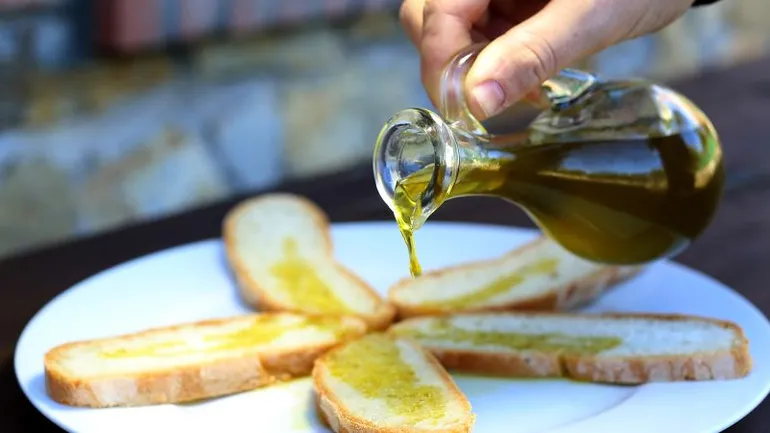Olive oil, a cornerstone of the Mediterranean diet and culture with a rich history dating back millennia, has earned the moniker “liquid gold” for its diverse applications in medicinal and religious practices. While it has become a symbol of peace and prosperity, the global olive oil market, particularly for pungent extra virgin and virgin olive oils, is facing challenges from criminal enterprises engaging in the production and sale of counterfeit products.
Italy, Spain, and Greece, known for producing some of the world’s most popular extra virgin olive oils, have become hotspots for lucrative criminal activities exploiting the demand for this liquid gold. These illicit operations often involve the use of alternative oils such as sunflower, canola, or even lamp oil, deceiving consumers and compromising the authenticity of the product. Despite the olive oil market being valued at $22.3 billion in 2022, the prevalence of counterfeit products poses a significant threat to both consumers and the industry, with estimates suggesting exponential growth in these deceptive practices over the next decade.
The intricate history of olive oil, intertwined with cultural significance and traditions, now faces a modern challenge – criminal enterprises exploiting the high value of genuine olive oil. In late November, a joint operation involving authorities from Spain and Italy, in collaboration with the EU’s Europol law enforcement agency, led to the arrest of 11 individuals connected to a criminal gang specializing in the production and distribution of fake olive oil. The operation resulted in the seizure of 12 barrels containing approximately 260,000 liters of adulterated oil, exposing the use of non-virgin or extra-virgin olive oil substitutes.
Further investigation revealed an additional 5,200 liters of market-ready quality oil, falsely labeled as 100% Italian or Spanish, and deemed “unfit for consumption.” The criminal gang had employed tactics such as falsifying labels and documentation to mislead consumers and regulators. In addition to the confiscated counterfeit products, authorities discovered 91,000 euros (almost $100,000) in cash, four high-end vehicles, and incriminating paperwork suggesting a sophisticated operation that aimed to pass off substandard products as premium olive oil.
The economic impact of such criminal enterprises extends beyond the immediate monetary losses associated with counterfeit products. The reputation of genuine olive oil producers and the overall integrity of the market are at stake. Consumers, expecting to purchase high-quality olive oil, may unknowingly fall victim to these deceptive practices, raising concerns about food safety and authenticity.
The fight against counterfeit olive oil requires a multifaceted approach involving collaboration between law enforcement agencies, regulatory bodies, and industry stakeholders. Rigorous testing, transparent supply chains, and robust authentication measures are essential to ensure the continued success and credibility of the olive oil market. As the demand for genuine, high-quality olive oil persists, safeguarding the industry from the detrimental effects of counterfeit operations becomes an imperative mission in preserving the legacy of this ancient “liquid gold.”
